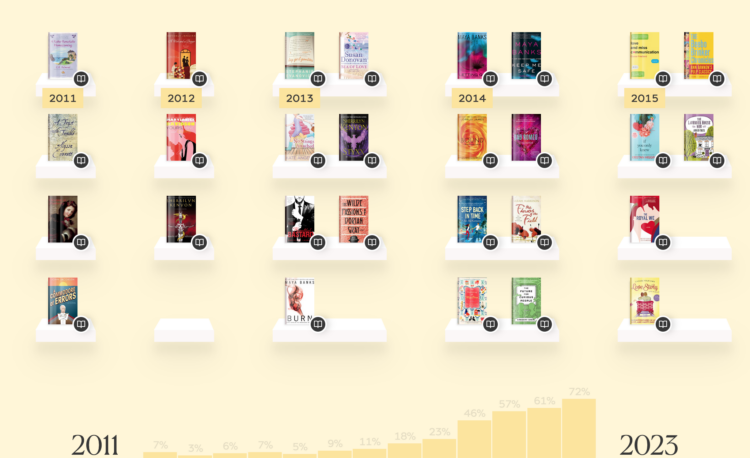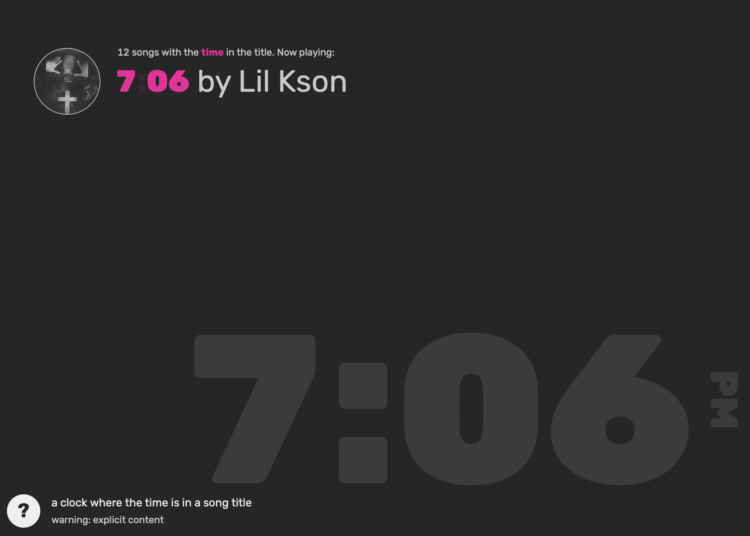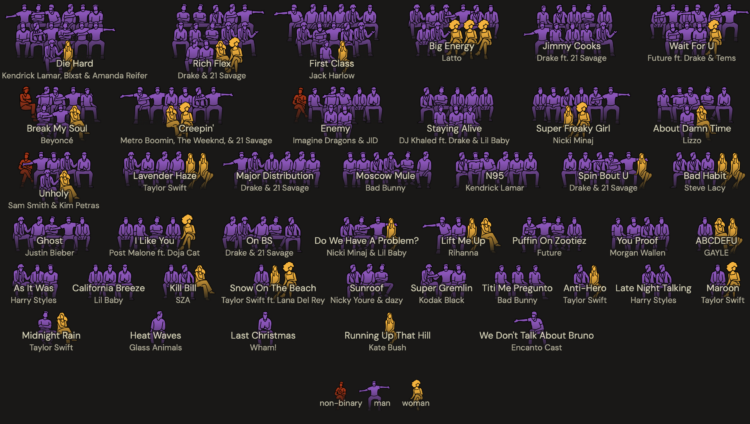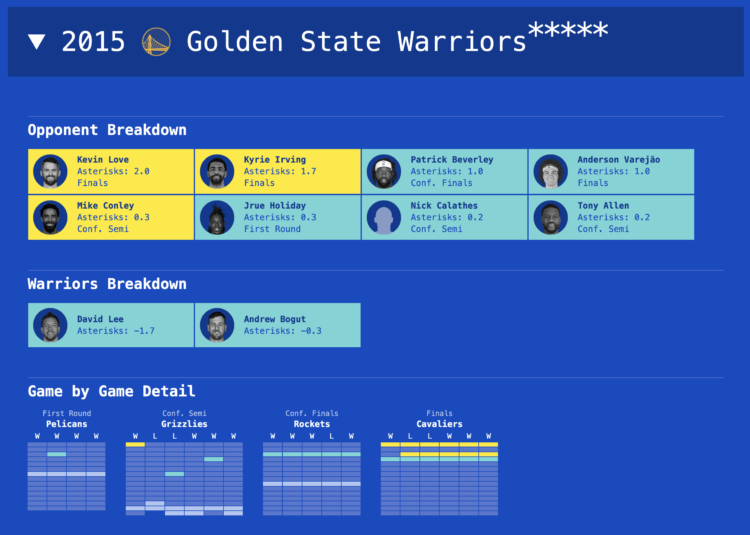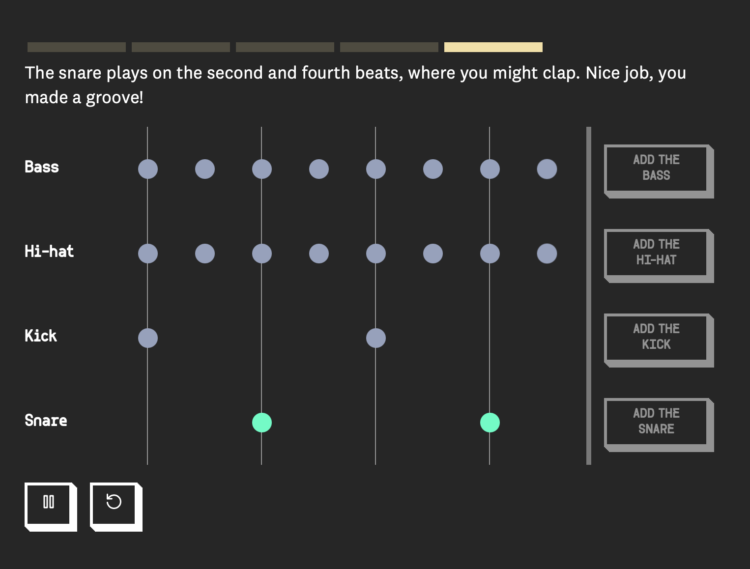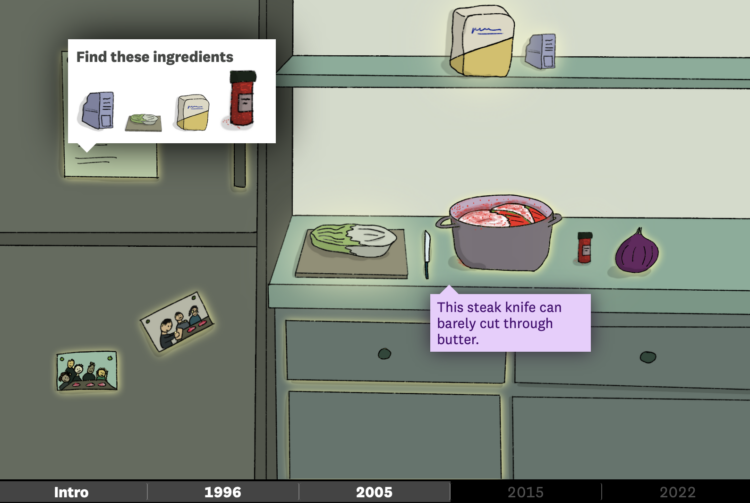The National Longitudinal Surveys from the Bureau of Labor Statistics are unique in that they run long-term to survey the lives of individuals for decades. For The Pudding, Alvin Chang visualized survey responses to show how adversity as a teenager carries into adulthood.
Each person icon represents a respondent and the collective bar chart stacks track through the years. The icons run across the screen on each time segment and demographic shift.
There’s a video version, shown below, and while I enjoy Alvin’s dulcet voice, I prefer the scrolling version.
Tags: Alvin Chang, development, Pudding, teenager




